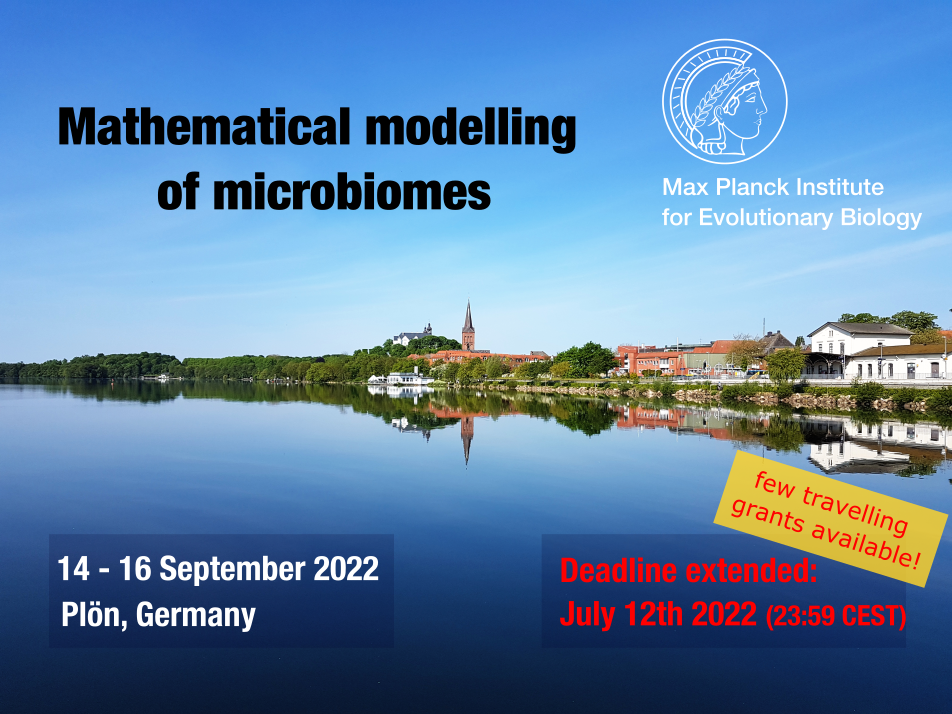OVERVIEW
-
What determines microbiome composition?
-
How do microbiomes evolve with their hosts?
-
How is microbiome diversity maintained?
-
How do microbiomes help the host adapt to its environment?
-
What are the physical and immunological constraints imposed by the host in various anatomical compartments?
In this workshop, we aim at discussing advances in microbiome modeling, identifying open questions and specificities, as well as framing these topics in the larger eco-evolutionary theory. The emphasis will be on the technical questions that emerge from these works, in particular how to identify relevant assumptions in the building of models. To this effect, we will invite the presenters to adopt a chalk talk format. We encourage the application of researchers at any career stage, working with mathematical tools on any microbiome system. We will strive to create an inclusive and interactive environment with a restricted number of participants (~40), reserving some time to discuss the pressing open questions of this research field.
Organizers: Florence Bansept, Michael Sieber, and Román Zapién-Campos (from MPI-Plön).
SPEAKERS
Jonas Cremer (Stanford)
Isabel Gordo (Instituto Gulbenkian de Ciência)
Jacopo Grilli (The Abdus Salam International Centre for Theoretical Physics)
Christoph Kaleta (Christian-Albrechts-University Kiel)
Claude Loverdo (Sorbonne Universite / CNRS)
Simon van Vliet (University of Basel)
Nicole Vega (Emory University)

